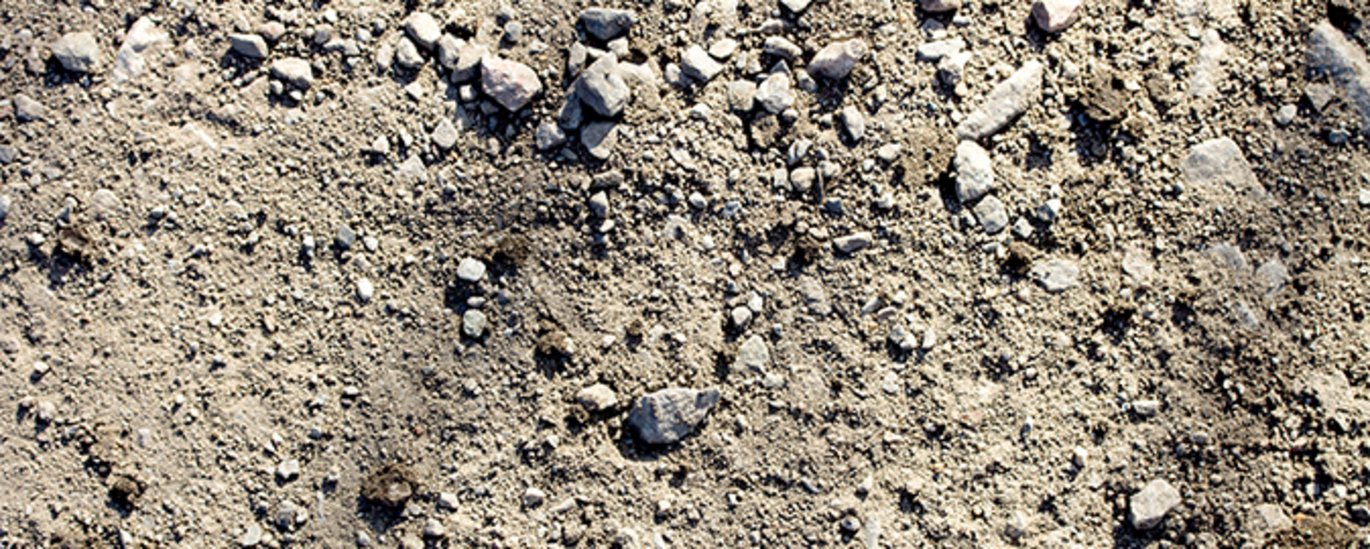Soon we can harvest metals
Scientists are developing new agricultural methods which enable metals to be extracted from plants grown in areas where traditional agricultural production is difficult. The remaining plant material can be used as biomass for renewable energy.

The pressure to produce both food and biomass for renewable energy on existing agricultural land is comprehensive. Meanwhile large parts of European soil are unfavorable for plant growth especially in rocky areas which contains high concentrations of metals and deficiency of nutrients (N, P and K).
A new research project funded within the frame of FACCE SURPLUS aims to transform these rocky unused areas into effective and sustainable agricultural production. The project which is called AGRONICKEL will examine how to accumulate trace metals, such as nickel, in metal-rich soils and transport them to the plants’ shoots, which can then be harvested. The rest of the plant material will be used for renewable biomass production.
- Nickel agro-mining is far more eco-efficient than the classical mining processes. Furthermore it produces renewable raw materials for biomass for local renewable energy production. Introducing agro-mining will provide multiple ecosystem services and contribute to Europe’s goals towards insuring food security, says Prof. Guillaume Echevarria from Université de Lorraine, who is the coordinator of AGRONICKEL.
Huge demand for metals
Furthermore, the worldwide demand for metals and minerals is experiencing an unprecedented growth. The price of nickel on the market has increased from 10 to 20 USD per kg over the last two years. Europe is highly dependent on import of metals such as nickel since mine production mainly takes place outside of the EU whose mine output represents only 8.6 per cent of the total world production.
In Europe approximately 10.000 km2 of ultramafic areas are rich on metals. In these areas extraction by conventional mining processes is economically unviable, and existing technologies are not sufficient to exploit these resources. The AGRONICKEL project has finally identified the bottlenecks that, once removed, will enable the extraction of metals by using agro-mining which makes the processes more resource friendly.
- This technology enables sustainable agricultural production in areas where agricultural production has never been carried out before. When combining metal extraction and biomass production we can contribute to the EU strategy of self-sustainability of strategic metal compounds as well as circular economy, says Professor and Project Coordintor, Guillaume Echevarria.
At this point in time one enterprise has already started activities within this new promising field and two other enterprises are ready to implement AGRONICKEL’s technologies, proving the great potential for this new scientific breakthrough.
Partners in the 3-year AGRONICKEL-project include Université de Lorraine, The Spanish National Research Council (CSIC), University of Natural Resources and Life Sciences Vienna, Jagiellonian University Poland, University of Tirana, Università di Firenze, Eastern Macedonia and Thrace Institute of Technology and MICROHUMUS. The project has been granted 589.000 € from the Facce Surplus ERA-NET cofund.
FACCE SURPLUS
FACCE SURPLUS is an ERA-NET under the Cofund scheme of Horizon 2020 of the European Union. FACCE SURPLUS calls for collaboration among 15 countries and the EU for transnational research projects on the thematic area of sustainable and resilient agriculture. Further joint activities that go beyond this co-funded call are planned, in order to contribute to the establishment of a renewable bio-economy in the ERA.
Further information
Professor Guillaume Echevarria
Université de Lorraine
Email: Guillaume.Echevarria@univ-lorraine.fr
Tel.: 0033 383595792
Mobile: 0033 683338934
